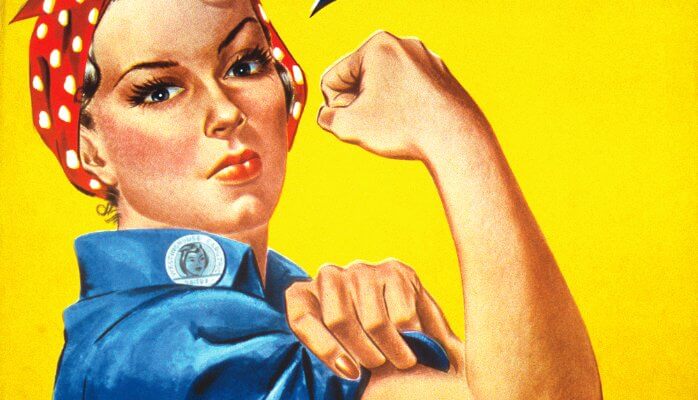by The Cowl Editor on October 19, 2017
Opinion

by Katherine Torok ’20
Opinion Staff
It has been about 47 years since Providence College accepted and enrolled its first female students. What began as an all-male private Roman Catholic school in 1917 has transformed into a co-ed college with around 57 percent of the student body comprised of females.
Now jump to 2017, and women’s enrollment not only matches men’s enrollment, but exceeds it. Overall, women have achieved a lot at the College, and they are not stopping anytime soon.
The 2017-2018 school year marks a big year for women empowerment at PC thanks to a program revamped by Residence Life called Women of Meagher. This is the College’s first official women’s initiative club, but is nothing like the pre-existing program for male students known as Gentlemen of St. Joseph Hall.
This community, along with the Gentlemen of St. Joseph Hall community, share similar values of respect, courage, compassion, integrity, and faith, and connect men and women with faculty, staff, and administration on campus.
Although the two programs are open to both freshman and sophomore students who live in either Meagher or St. Joseph, their goals are different.
Both programs provide amazing opportunities and resources for each gender, but Women of Meagher is the program that PC really needed. Before Women of Meagher, the two main clubs on campus that dealt specifically with women’s empowerment were Women Will and PC Women in Business.
Now that a third club has been added into the mix, it seems as if PC is taking great strides towards women’s equality. However, this might not be the case across the board.
Since September, women’s bathroom stalls across campus have been filled with posters advertising The Vagina Monologues, a play comprised of personal monologues from women that deal with powerful ideas such as love, body image, and domestic abuse.
Although the compelling play is about women and bringing awareness to domestic violence, the College does not allow the play to be performed on campus. It seems a little hypocritical to allow feminist clubs to exist on campus, but deny a feminist play the space to be performed.
Nevertheless, it is still important to keep in mind how significant Women of Meagher is for the College. The program is rooted in the belief that women should band together and empower each other.
If one were to Google, “How many CEOs are female in 2017?” he or she would get 32 as their answer. Percentage wise, that is only 6.4 percent of all CEOs. Although this is a vast increase from 2016’s answer of 4.2 percent, or 21 female CEOs, the numbers are still small.
Women of Meagher is not just a group of freshman and sophomore Meagher residents that sit around and chant “Girl Power!” while listening to Beyoncé. Instead, the program is designed so that two sophomore mentors are paired up with a freshman mentee.
This mentor-mentee relationship really allows for all three girls to form new relationships embedded in the idea of empowering and supporting each other.
Whether it is giving advice, helping each other study, or simply encouraging each other to step out of our comfort zones, any sort of interaction makes a difference.
Statistics show that women only apply for jobs that they feel 100 percent qualified for, while men apply for jobs that they are only 60 percent qualified for. Because of this, women oftentimes miss out on amazing opportunities and jobs that they truly are qualified for.
But this all could change.
Women of Meagher is not designed to have women take away all jobs from men. Instead, it is designed to stop women from saying “No, I can’t” and have them say, “Yes, I can.” Though some people may not agree with how crucial and significant the program is for women on campus, it truly is an important and influential addition.
Revolutions and major change do not happen overnight, therefore any little step towards equality and equal representation is a step in the right direction towards equality.